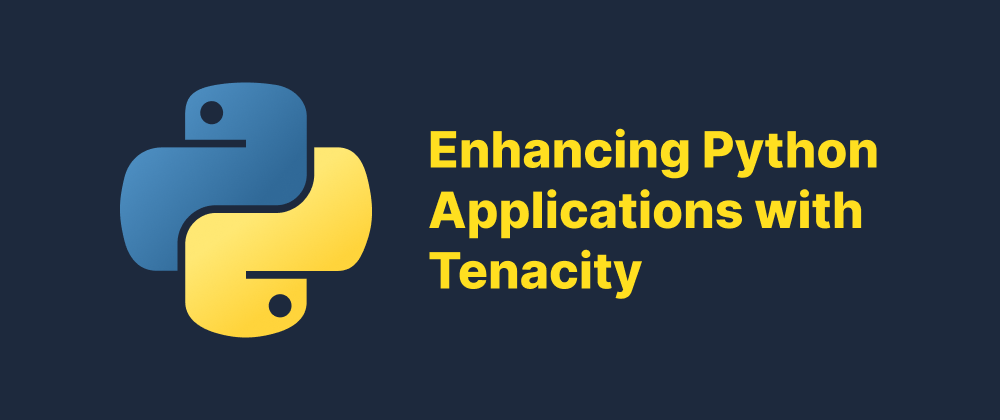Mastering Command-Line Interfaces with Python argparse
Min-jun Kim
Dev Intern · Leapcell

Key Takeaways
argparsesimplifies building command-line tools by handling parsing and help messages automatically.- It supports both positional and optional arguments, with features like type checking and defaults.
- Advanced tools like subparsers and mutually exclusive groups enable building complex CLI applications.
When developing command-line interfaces (CLIs) in Python, the argparse module from the standard library offers a powerful and user-friendly way to parse command-line arguments and options. It simplifies the process of writing CLI applications by automatically generating help and usage messages, handling errors, and converting argument strings into appropriate data types.
Getting Started with argparse
To begin using argparse, follow these basic steps:
-
Import the module:
import argparse -
Create a parser:
parser = argparse.ArgumentParser(description='Description of your program') -
Add arguments:
parser.add_argument('filename', help='Name of the file to process') parser.add_argument('-v', '--verbose', action='store_true', help='Enable verbose output') -
Parse arguments:
args = parser.parse_args() -
Access parsed arguments:
print(f"Processing file: {args.filename}") if args.verbose: print("Verbose mode enabled.")
Positional vs. Optional Arguments
-
Positional arguments are required and must be provided in the correct order. For example:
parser.add_argument('input_file', help='Input file path') -
Optional arguments are not required and can be specified using flags:
parser.add_argument('-o', '--output', help='Output file path')
Advanced Features
Argument Types and Defaults
You can specify the type of an argument and provide default values:
parser.add_argument('--count', type=int, default=1, help='Number of times to repeat')
Choices
Restrict an argument to a set of predefined values:
parser.add_argument('--mode', choices=['fast', 'slow'], help='Mode of operation')
Mutually Exclusive Arguments
Ensure that only one of the specified arguments is used:
group = parser.add_mutually_exclusive_group() group.add_argument('--add', action='store_true', help='Add item') group.add_argument('--remove', action='store_true', help='Remove item')
Subparsers
Create subcommands for your CLI application:
subparsers = parser.add_subparsers(dest='command') # Subcommand 'start' start_parser = subparsers.add_parser('start', help='Start the service') start_parser.add_argument('--port', type=int, default=8080, help='Port number') # Subcommand 'stop' stop_parser = subparsers.add_parser('stop', help='Stop the service')
Automatic Help and Usage Messages
By default, argparse provides helpful usage messages. Running your script with the -h or --help flag will display these messages:
$ python script.py -h
This feature aids users in understanding how to use your CLI application effectively.
Error Handling
If a user provides invalid arguments, argparse will automatically display an error message and exit:
$ python script.py --unknown usage: script.py [-h] [--verbose] filename script.py: error: unrecognized arguments: --unknown
Conclusion
The argparse module is a robust tool for building command-line interfaces in Python. It handles parsing, type conversion, help message generation, and error handling, allowing developers to focus on the core functionality of their applications. By leveraging argparse, you can create intuitive and user-friendly CLI applications with minimal effort.
For more detailed information and advanced usage, refer to the official Python documentation.
FAQs
No, argparse is part of Python’s standard library.
argparse will show an error and a usage message, then exit.
Yes, use add_subparsers() to implement subcommands in your CLI.
We are Leapcell, your top choice for hosting Python projects.
Leapcell is the Next-Gen Serverless Platform for Web Hosting, Async Tasks, and Redis:
Multi-Language Support
- Develop with Node.js, Python, Go, or Rust.
Deploy unlimited projects for free
- pay only for usage — no requests, no charges.
Unbeatable Cost Efficiency
- Pay-as-you-go with no idle charges.
- Example: $25 supports 6.94M requests at a 60ms average response time.
Streamlined Developer Experience
- Intuitive UI for effortless setup.
- Fully automated CI/CD pipelines and GitOps integration.
- Real-time metrics and logging for actionable insights.
Effortless Scalability and High Performance
- Auto-scaling to handle high concurrency with ease.
- Zero operational overhead — just focus on building.
Explore more in the Documentation!
Follow us on X: @LeapcellHQ




